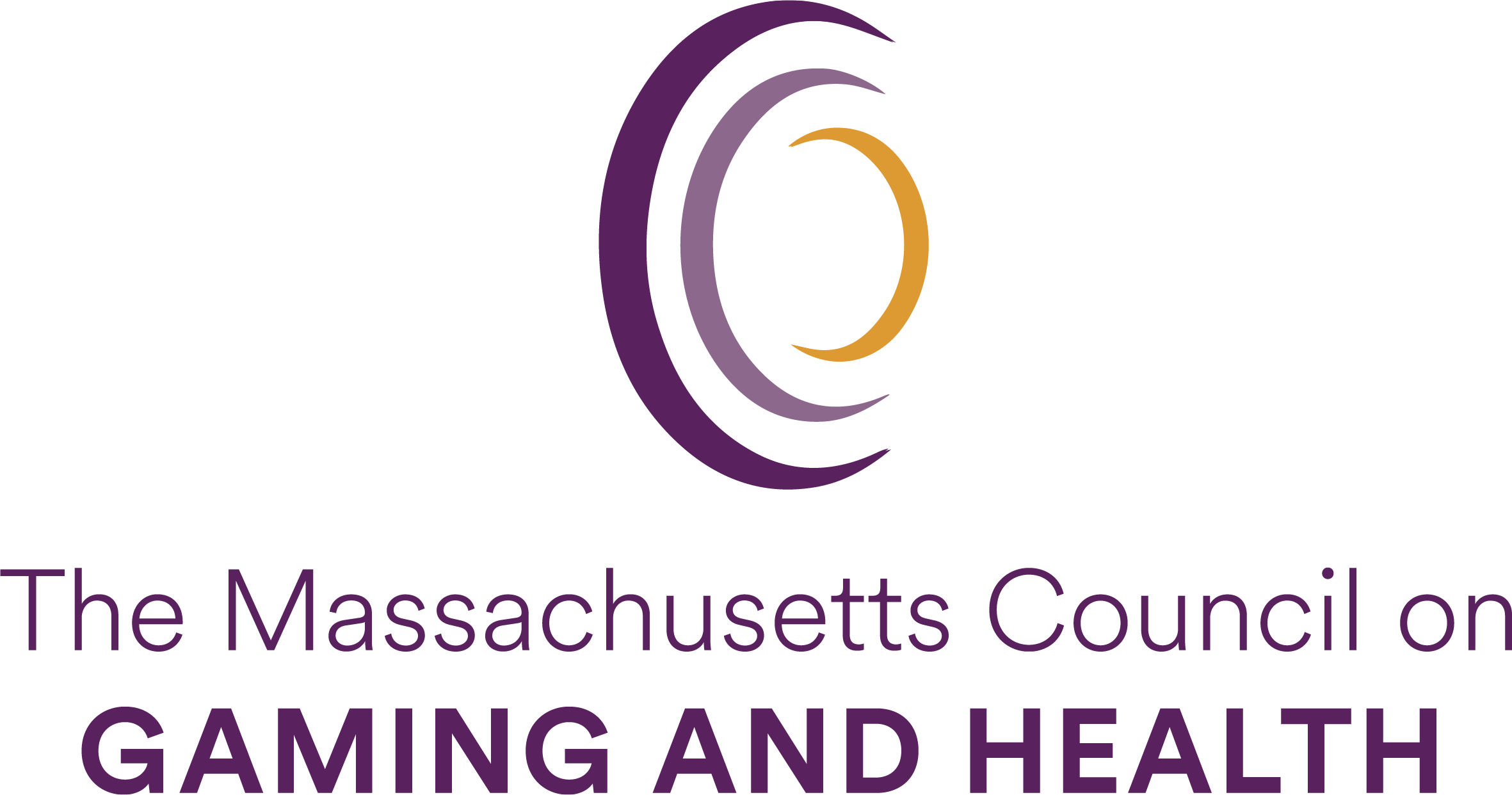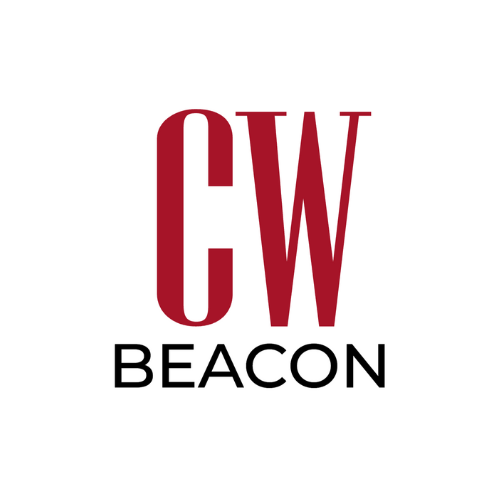By Jodie Nealley, Intervention and Recovery Support Coordinator, Massachusetts Council on Compulsive Gambling
The major goal of recovery is maintaining it. Last week’s blog was about Relapse prevention but that is only a part of recovery. Developing ways of maintaining your recovery is crucial. One of the greatest threats to recovery is thinking you have a handle on your gambling. Thinking this can lead to complacency – taking your recovery for granted. It is important to consistently remember that you are powerless over your gambling, that gambling if left unchecked will lead ‘to the gates of prison, insanity or death’. (GA Combo book)
Early Recovery is defined as learning how to live free of a bet. Long term recovery is defined as pushing yourself to grow as a person. In order to maintain long term recovery you need a Recovery Plan.
This plan is something a compulsive gambler in recovery needs to implement on a daily basis.
Why do you need a Recovery plan?
Because:
- You are 100% responsible for your recovery.
- Changing your old behaviors and attitudes requires practice.
- Old behaviors or thoughts – ‘stinking thinking’ – will return unless you have new behaviors to replace them.
- The disease will always be waiting for you. As any compulsive gambler in recovery can attest, while you are working on maintaining recovery the addiction is ‘in the parking lot doing pushups’…meaning the addiction is getting stronger every day and waiting for you – unless you have the ability to cope with its pull.
Do not underestimate how powerful a gambling disorder is. There is a line in the GA combo book that states this disorder is ‘cunning, baffling and powerful’. Learning other options and coping skills are essential to resistance. Remember that a gambling disorder is a life threatening problem. Consider it a terminal illness that, unless treated, can kill you.
A Recovery plan involves working on all facets of your life. It involves developing an ongoing plan to take care of yourself.
SAMHSA (Substance Abuse and Mental Health Services Administrations) has delineated four major dimensions that support a life in recovery:
- Health: overcoming or managing one’s disease(s) as well as living in a physically and emotionally healthy way;
- Home: a stable and safe place to live;
- Purpose: meaningful daily activities, such as a job, school, volunteerism, family care taking, or creative endeavors, and the independence, income and resources to participate in society;
- Community: relationships and social networks that provide support, friendship, love, and hope.
http://naadac.org/assets/1959/samhsa_working-definition_of_recovery.pdf
Developing a long term recovery plan based on these dimensions can include:
Treatment
You will need help to develop a comprehensive personalized plan that works for you. Talk with a therapist trained in working with clients with gambling disorders, they can help you understand the addiction and remind you why recovery is so critical. Many compulsive gamblers in recovery have found help in cognitive strategies and therapies such as CBT – Cognitive Behavior Therapy. These work in part because they help the gambler in recovery think through the consequences of a relapse. Cognitive strategies are designed to help you strengthen your mind to be able to withstand the urge to gamble.
Self-Help
Find self-help ways that work for you. Gamblers Anonymous, Bettors anonymous, SMART Recovery are some organized self-help organizations. You can find links to these organizations at the end of this blog.
If you want to try self-help without a group setting try:
Writing
- Write out a history of addiction in your life and the lives of your family. Record any problems at home when you were growing up.
- Create a list of the coping strategies you used when growing up.
- Record the evolution of your addiction from that first bet, including how it made you feel, to the last bet you placed.
- Record -so you never forget -the 5 worst moments of your gambling (ex. being incarcerated due to your gambling).
- Jot down the thing the ways you tried to stop on your own that did not work.
- Start a daily journal of your thoughts, craving and feeling about gambling.
Be honest with yourself – this is for you.
In addition to therapy and self-help be sure to:
Exercise
Do yoga, work out, or run. Develop an exercise plan you can stick with. Don’t forget to exercise your mind – mediation and reading daily inspirational books are a part of this.
Develop a solid support network
The disease of gambling wants you alone, it wants you isolated. Developing a community of friends, family, and activities will keep you from a natural inclination to isolate. Get involved in your community. Make the effort to reach out to others. You are not alone – but it takes effort to remember that.
An example of a Recovery Plan might look like this:
- Spend a half hour each day in quiet meditation and read an inspirational quote.
- Attend therapy.
- Attend GA meetings or other self-help group.
- Find a sponsor and call them weekly.
- Exercise and eat three meals a day.
- Volunteer for a community organization.
- Make at least one call a week to a friend.
- Have fun – relearn how to appreciate the simple things in your life.
Long term recovery is about balance. The recovering person seeks to grow holistically.
A Recovery plan can help you begin to understand your behaviors and thoughts well enough to know what might set off an urge to gamble. This knowledge will help you learn how to leave bad habits behind.
You can experience a new sense of wonder of the world around you. Have gratitude for the things you might once have taken for granted – a roof over your head, food in your stomach, employment and the love of your friends and family.
A critical point to understand is that there’s a big difference between abstinence and recovery. You can stop gambling, but if you don’t understand the thoughts and feeling that drove you to gamble you will not be prepared for when a strong urge to gamble takes you by surprise. Taking your recovery both one day at a time and developing a Recovery plan can prepare you and help you have to learn to live life on life’s terms.
The Massachusetts Council on Gaming and Health offers a 24/7 Helpline: 1-800-426-1234
You can call us 24-hours a day or use our online chat service at www.masscompulsivegambling.org
Someone will always be there to listen to you and to refer you to the resources near where you live. Knowing this Helpline number, knowing where your local self-help meetings are, knowing which therapist been trained in counseling those with gambling disorders is closest to you, are all part of your Recovery Plan Plan.
Useful links:
www.masscompulsivegambling.org
http://www.gamblersanonymous.org/ga/
http://www.bettorsanonymous.org/
http://www.debtorsanonymous.org/
http://compulsivegamblers.gotop100.com/index.php
For Loved Ones
Suggested books
Berman, Linda, and Mary Ellen Siegel. Behind the 8-Ball: A Guide for Families of Gamblers.
New York: Kaleidoscope Software, Inc., 1998.
Davis, Diane R. Taking Back Your Life: Women and Problem Gambling. Center City, MN: Hazelden, 2009
Dodes, Lance M. The Heart of Addiction. New York: HarperCollins, 2002
Lancelot, Marilyn. Gripped by Gambling. AZ: Wheatmark, 2007.
Lee, Bill. Born to Lose: Memoirs of a Compulsive Gambler. Center City, MN: Hazelden, 5/17/05.
Shaffer, Howard with Martin, Ryan Kleschinsky, John and Neporent, Liz.
Change Your Gambling, Change Your Life: Strategies for Managing Your Gambling and Improving Your Finances, Relationships, and Health. San Francisco, CA: Jossey-Bass 2012




